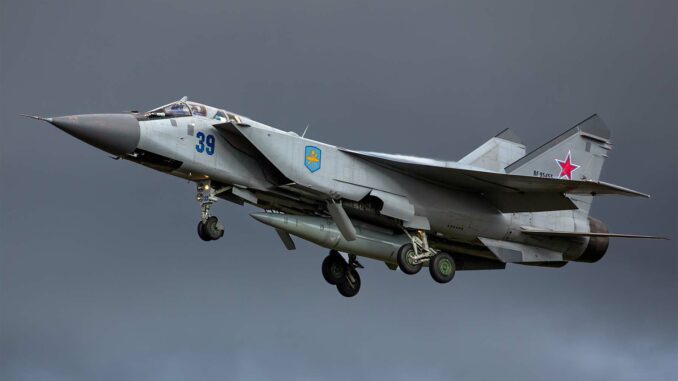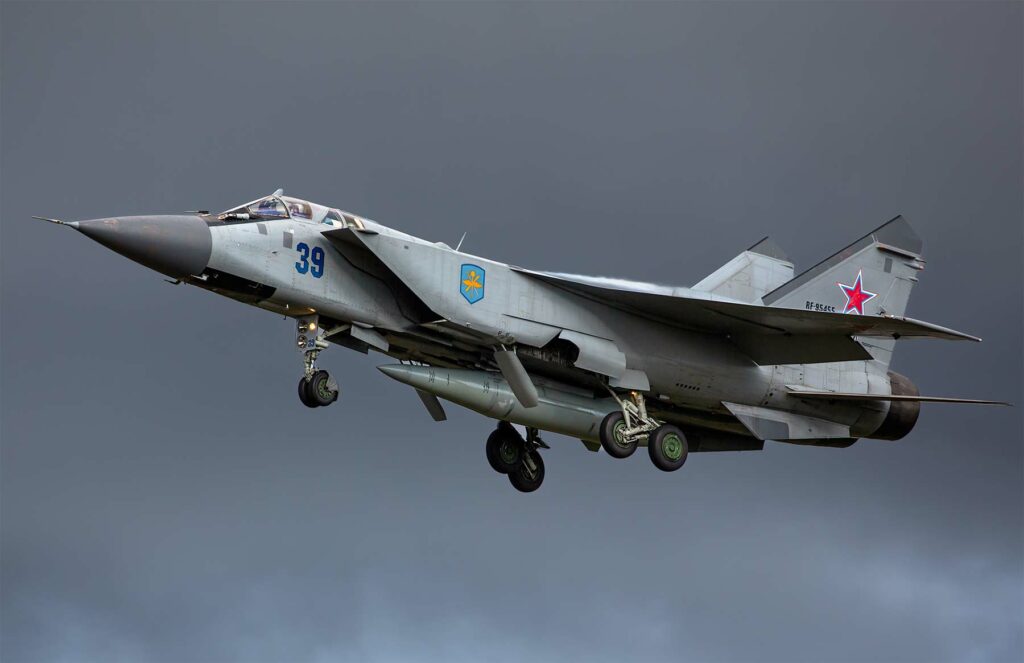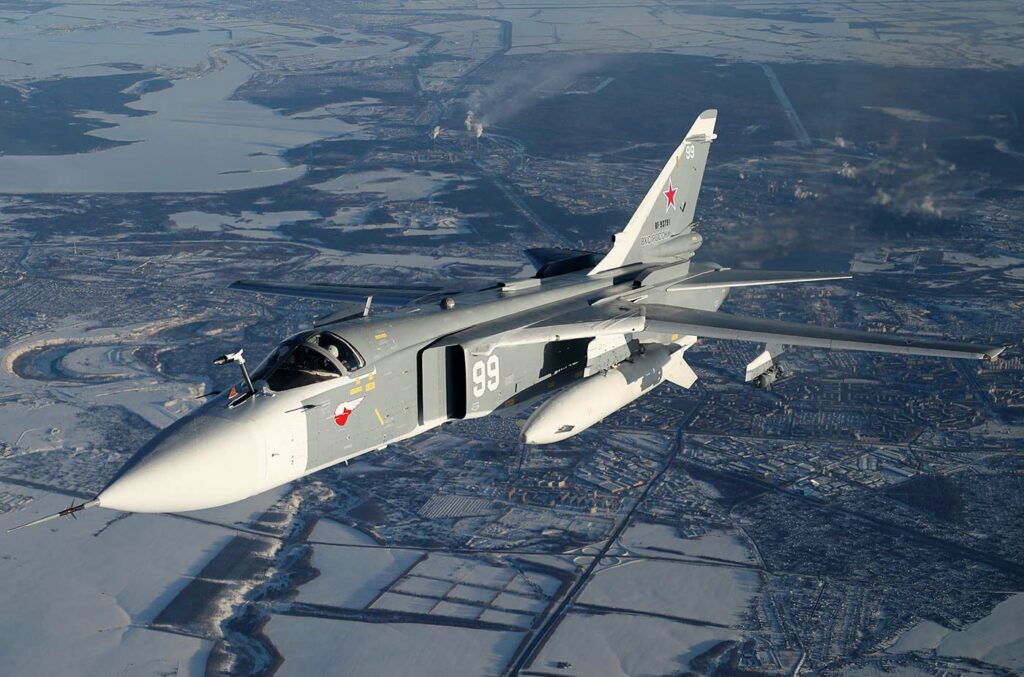
Kazakhstan recently announced the sale of more than 100 Soviet-made fighter jets and bombers, which are no longer in service. This decision raises several questions about the obsolescence of military equipment, the management of state assets, and potential implications for the international arms market.
Kazakhstan is selling over 100 Soviet-era fighters and bombers, including models such as the MiG-31, MiG-27, MiG-29, and Su-24. The sale raises questions about technological obsolescence, the challenges of managing military assets, and the potential consequences for security and international trade.

Announcement of the sale
The Kazakh government published announcements on an electronic platform dedicated to the sale of state assets. The aircraft, which belonged to military units in the Almaty, Abai, Karaganda and Shymkent regions, mainly comprise MiG-31, MiG-27, MiG-29 and Su-24 models, manufactured in the 1970s and 1980s.
Background and aircraft specifications
The aircraft put up for sale have been deemed unfit for use due to their moral obsolescence, and it is not economically viable to modernize them. Official documents indicate that these assets are to be liquidated by disposal at the balance sheet holder’s site. Due to their technical condition and uniqueness, their use for other purposes, including as a source of spare parts, is not conceivable.
Asset management and valuation
The auction was managed by the Republican State Enterprise “Qazarnauliexport” (“Kazspecexport”), under the aegis of the State Defense Commissions Committee of the Ministry of Industry and Infrastructure Development. The total value of retired aircraft is estimated at around 1.9 trillion tenge.
The challenges of military asset management
The sale of these aircraft raises the question of how to manage military assets once they have been withdrawn from service. The decision to liquidate these aircraft rather than modernize them or use them for spare parts reveals the economic and logistical challenges countries face when managing such equipment.
Implications for security and international trade
The sale of obsolete military equipment can have a number of implications, not least in terms of security and international trade.
Security considerations
The marketing of these aircraft, even if obsolete, could attract the attention of various players on the international scene. This could include countries looking for low-cost aircraft for their air forces, private companies specializing in the redesign of military equipment, or even non-state actors.
Impact on the international arms market
This sale could also influence the international arms market. Although these aircraft are deemed unsuitable for service, they represent potential for certain interested parties. Their sale at a relatively low price could alter the balance on the used military equipment market.
Possible consequences and future scenarios
Proliferation risks
One of the major risks of this sale is the proliferation of obsolete military equipment. Although the aircraft may not be usable in their current state, concerns remain about their possible re-use for purposes that do not comply with international safety standards.
Modernization and conversion opportunities
On the other hand, this sale also offers opportunities. Certain countries or companies could see this as a chance to acquire and modernize these aircraft at relatively low cost, by adapting them to modern technologies.

Kazakhstan’s decision to put over 100 Soviet-era combat aircraft up for sale highlights several complex issues concerning the obsolescence of military equipment, the management of state assets, and the implications for security and international trade. While this sale represents a significant turning point in the management of military equipment, it also raises concerns about proliferation and security. Time will tell how these aircraft will be used by their new owners, and what the long-term consequences of this decision will be for regional and global stability.
War Wings Daily is an independant magazine.